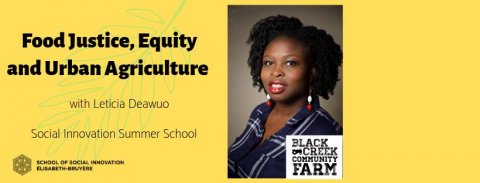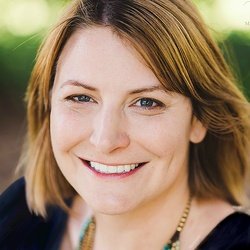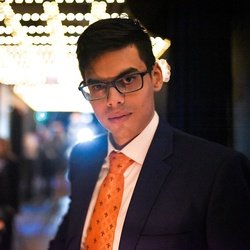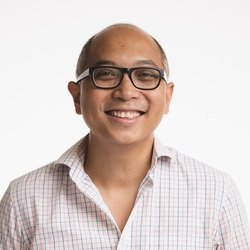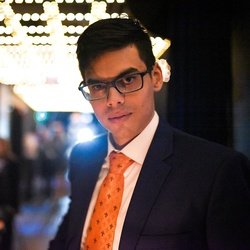2:00pm to 3:00pm Eastern Time
As a community changemaker, have you ever stopped to wonder where the power lies in your project? What are you trying to achieve, and for whom? How does your place of power (as a creator and an individual) hinder your ability to relate to those you are trying to help? We often use power unknowingly in the work of change. But, when we recognize the influence of our training, politics, access, and privilege we allow ourselves to understand our clients, communities, and abilities more deeply. During this intimate conversation, George Aye of Greater Good Studio will help us understand the mechanics of power and how to wield it with care as we move forward in our community change efforts.
George Aye’s keynote presentation on Power and Privilege was the highlight of last-years Community Change Festival. By popular request, George is making that same experience available to those of you who weren’t able to attend. Don’t miss this opportunity to hear from George on how to navigate issues of power and privilege in community change work!
Guest
George Aye co-founded Greater Good Studio with the belief that design can lead to positive behaviour change. Previously, he spent seven years at global innovation firm IDEO before being hired as the first human-centred designer at the Chicago Transit Authority. Since founding Greater Good, he has worked across multiple social issues including autism, criminal justice, education, public health and health care. George is an Adjunct Full Professor at The School of the Art Institute of Chicago. With his co-founder, he was awarded the TED Prize City 2.0 (2012) and recognized in the Public Interest Design 100 list (2013). The studio’s work was featured in the Stanford Social Innovation Review (May 2018), LEAP Dialogues: Career Pathways in Design for Social Innovation (published 2016) and Public Interest Design Practice Guidebook (published 2015). He is a frequent speaker and workshop facilitator.
About Greater Good Studio:
Greater Good Studio gives mission-driven organizations new ways to solve problems, big and small. We’ve adapted the practice of human-centred design to the unique needs of the social sector. Our approach builds the capacity of clients and communities to solve old problems in new ways. It is grounded in the following principles:
- End users are the experts
- Innovation doesn’t have to be fancy.
- Less is more.
- Capacity is built through hands-on experience.
- Hard is not the same as impossible.
Galen MacLusky is a Consulting Director of the Tamarack Institute’s Community Innovation Idea Area. He is passionate about working with community organizations to help build and scale new ideas that deepen their impact. An experienced design, innovation, and co-creation consultant, at the core of his work are approaches that help organizations engage with those who are impacted by their services and test new programs and services with minimal investment


